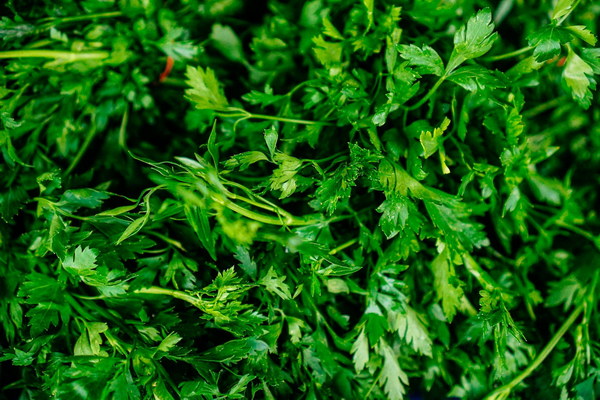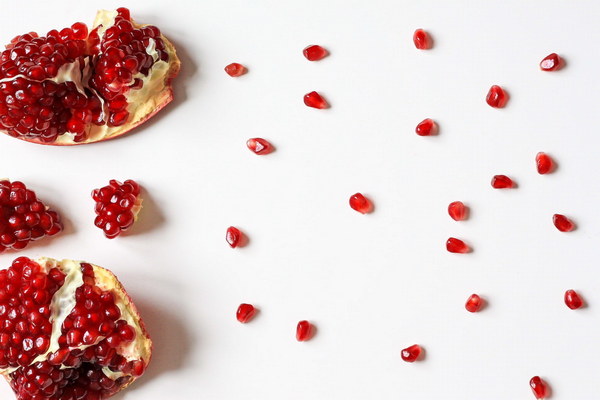The Effectiveness of Traditional Chinese Herbs in Liver Protection A Comprehensive Analysis
In recent years, the use of traditional Chinese herbs for liver protection has gained significant attention. Many people are curious about whether these natural remedies can effectively safeguard the liver against various ailments. This article aims to provide a comprehensive analysis of the effectiveness of traditional Chinese herbs in liver protection.
The liver, as the largest internal organ in the human body, plays a crucial role in metabolism, detoxification, and protein synthesis. It is, therefore, susceptible to various diseases and conditions, such as hepatitis, cirrhosis, and liver cancer. Traditional Chinese medicine (TCM) has been practiced for thousands of years and offers a wide range of herbal remedies to address liver-related issues. But do these herbs really work?

Firstly, it is essential to understand the primary functions of the liver and the conditions that can affect it. The liver is responsible for filtering blood, producing bile, storing glycogen, and synthesizing proteins. When the liver is damaged, it can lead to a variety of symptoms, such as fatigue, jaundice, and abdominal pain. In such cases, TCM offers a holistic approach to liver protection by addressing the root cause of the problem.
One of the most commonly used Chinese herbs for liver protection is milk thistle (Silymarin). This herb is known for its powerful antioxidant and anti-inflammatory properties, which can help to reduce liver damage caused by alcohol, drugs, and other toxins. Studies have shown that milk thistle can effectively reduce liver inflammation and improve liver function in individuals with chronic liver diseases, such as hepatitis C and cirrhosis.
Another popular herb is artichoke (Cynara scolymus). Artichoke is known for its ability to stimulate bile production and improve liver function. A study published in the journal Phytomedicine revealed that artichoke extract can significantly improve liver function in patients with non-alcoholic fatty liver disease (NAFLD).
Bupleurum (Bupleurum chinense) is another herb that has been traditionally used for liver protection. It is believed to have a detoxifying effect on the liver and can help to alleviate symptoms of liver disease, such as jaundice and abdominal pain. Research has shown that bupleurum can improve liver function and reduce liver inflammation in patients with chronic hepatitis B and C.
In addition to these herbs, other commonly used Chinese herbs for liver protection include turmeric (Curcuma longa), dandelion (Taraxacum officinale), and schisandra (Schisandra chinensis). These herbs possess various bioactive compounds that can help to protect the liver, reduce inflammation, and improve liver function.
While traditional Chinese herbs offer a promising approach to liver protection, it is essential to note that their effectiveness may vary from person to person. Moreover, the quality and purity of the herbs used are crucial factors that can affect their efficacy. It is advisable to consult a qualified TCM practitioner before starting any herbal treatment, as they can provide personalized recommendations based on your specific condition.
Furthermore, it is important to note that while traditional Chinese herbs can complement conventional treatments for liver diseases, they should not be used as a substitute for medical treatment. Patients should continue to follow their doctor's advice and undergo regular medical check-ups to monitor their liver health.
In conclusion, the effectiveness of traditional Chinese herbs in liver protection is a topic of interest for many individuals. While there is substantial evidence to suggest that these herbs can help to alleviate liver-related symptoms and improve liver function, more research is needed to fully understand their mechanisms of action and optimal dosages. As always, consulting a qualified healthcare professional is essential when considering herbal treatments for liver protection.









